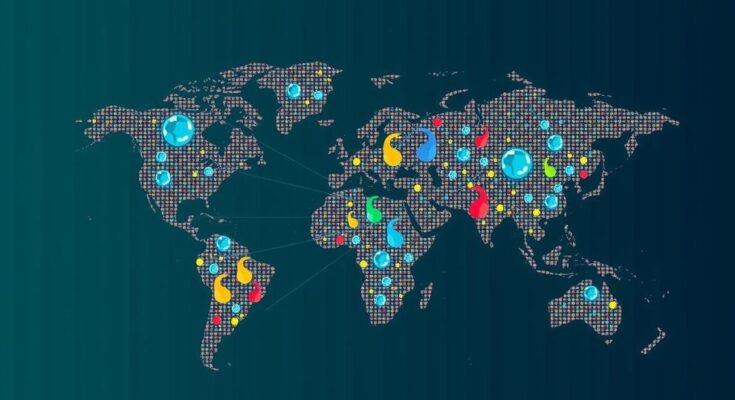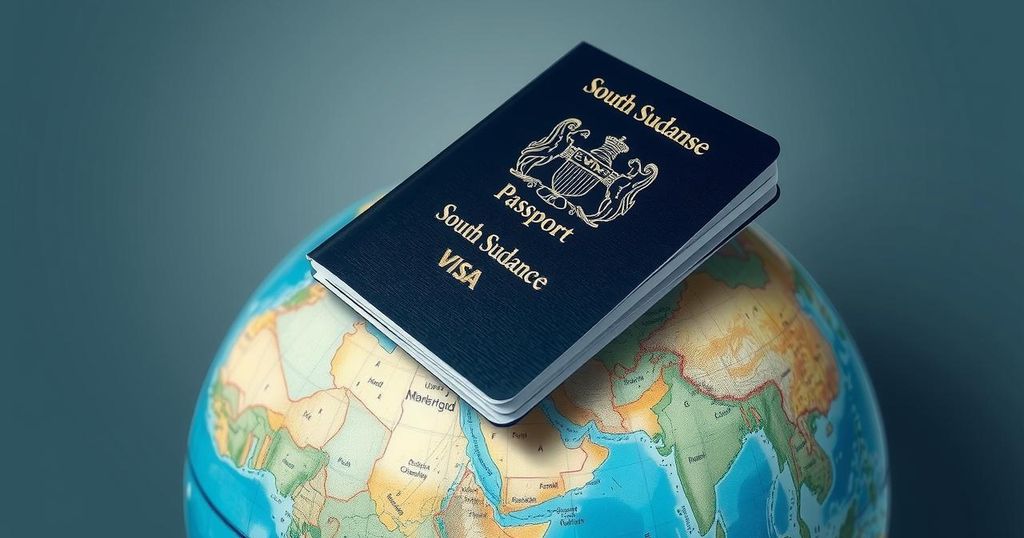Researchers from the global south have united with the WHO to create the mRNA vaccine technology transfer hub, developed to ensure equitable access to vaccines and enable local production capacity to avoid inequities experienced during the COVID-19 pandemic. While the immediate focus is on mRNA vaccines, the initiative aspires to target other diseases and enhance regional health responses to future emergencies.
As the pandemic unfolded, it became evident that affluent nations were prioritizing their needs for coronavirus vaccines, leaving lower-income countries without adequate supplies. In response, researchers from Africa, Asia, and South America unified with the World Health Organization (WHO) to form an initiative aimed at preventing similar inequities in future health emergencies. This initiative, known as the mRNA vaccine technology transfer hub, comprises collaborative efforts from 15 middle-income countries in the global south, which aspire to develop their capacity for mRNA vaccine production. Initially focused on COVID-19 vaccines, the initiative aims to broaden its scope to include the development of vaccines for diseases such as yellow fever and tuberculosis. Two years post-initiation, while the urgency surrounding coronavirus vaccines has decreased, the hub continues to advance. The initiative commits to transparency and sharing of knowledge, contrasting with the typical, competitive practices predominant in the pharmaceutical industry. During a recent meeting in Geneva, WHO project coordinator reiterated the commitment to sustainability as funding begins to wane, attributing it to the severe consequences experienced due to global vaccine inequity, which is estimated to have caused over a million deaths in the global south. Pharmaceutical companies from the west are establishing locales in Africa and pledging a percentage of doses to lower-income nations in future pandemics. Meanwhile, locally-owned businesses involve initiatives like the mRNA hub ensure that vaccine production prioritizes regional needs. Experts emphasize that the pandemic highlighted the unreliability of relying solely on international partners during health crises; they are advocating for developing indigenous capabilities to produce vaccines. Various mRNA hubs across countries such as Argentina, Bangladesh, Brazil, and India are already making strides and are expected to begin clinical trials soon. Importantly, the challenges faced are multifaceted—they encompass not only the need for manufacturing capabilities but also requisite legislative frameworks to ensure safety. Experts like Barney Graham emphasize the necessity of these hubs to respond swiftly to emergent threats in the future, with awareness of past failures influencing strategic discussions. As some regions look to tackle other diseases, learning from past discontent—including the delayed response to HIV treatment in Africa—remains critical in innovating a more equitable health delivery model.
The global response during the COVID-19 pandemic starkly illustrated the disparity between wealthy and poorer nations regarding access to vaccines. This inequity led to alarming mortality rates in the global south amid the crisis. The formation of the mRNA vaccine technology transfer hub seeks to redress this balance by enabling local production of vaccines, thereby protecting communities against future pandemics and endemic diseases. A collaborative approach enhances innovative capacities and aligns with global health commitments, ensuring that nations in the global south are equipped to manage their health emergencies independently.
In conclusion, the establishment of the mRNA vaccine technology transfer hub represents a significant step towards autonomy for countries in the global south. By developing local capabilities for vaccine production, these nations aim to address historical inequities evident during the COVID-19 pandemic. The initiative reflects a paradigm shift in public health strategy, promoting regional solutions and emphasizing the urgency of equitable access to medical resources. Sustained support and commitment from the international community will be vital in realizing the hub’s objectives and transforming the landscape of global health.
Original Source: www.washingtonpost.com




